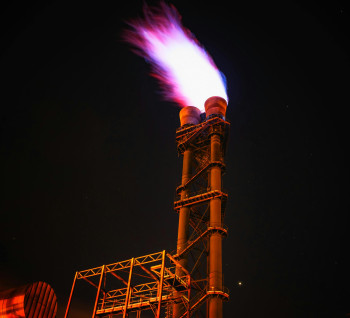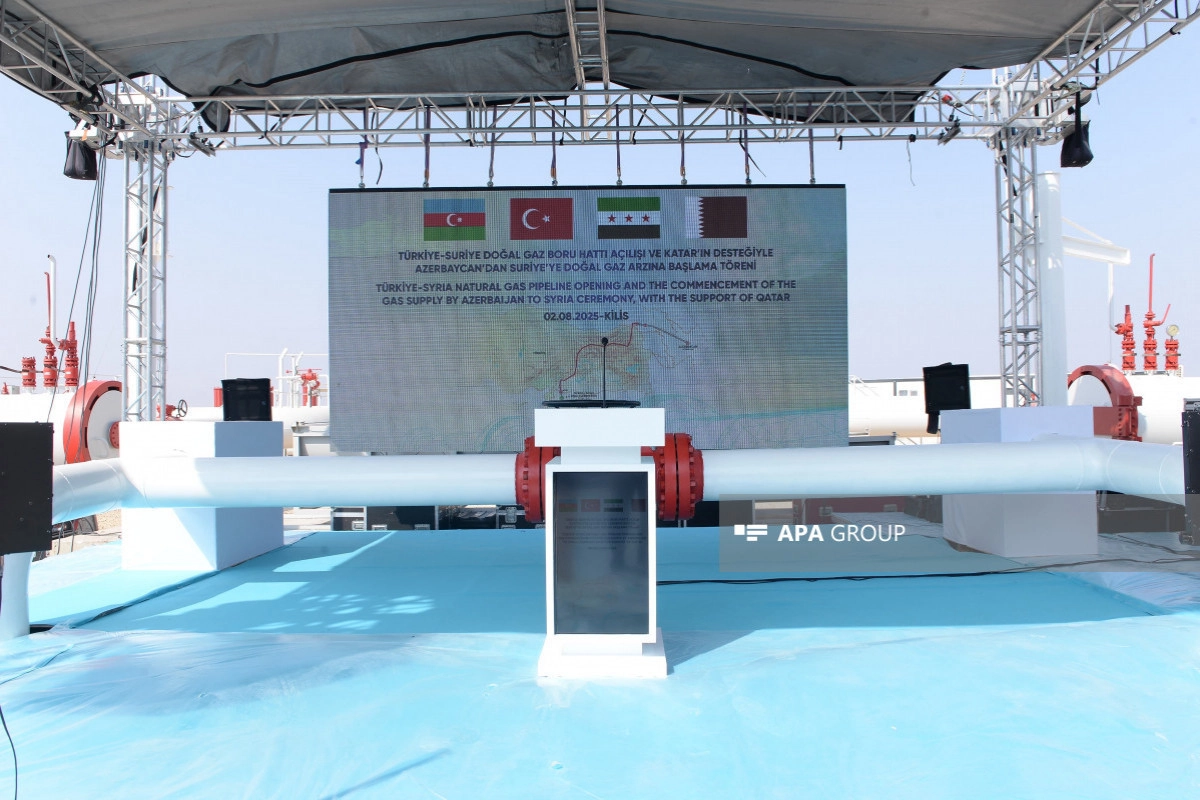What does Turkey's recent decision to send natural gas to Syria signify? Why is this development crucial for both nations, and how will it impact regional energy dynamics? In this article, we explore the implications of Turkey's natural gas shipments to Syria, examining the political, economic, and humanitarian aspects of this strategic move.
Background: Turkey-Syria Relations and Energy Cooperation
Turkey and Syria have had a complex relationship over the years, marked by periods of cooperation and conflict. The recent decision to resume natural gas shipments signals a potential thaw in diplomatic relations. Historically, energy has been a key factor in bilateral ties, with Turkey serving as a transit hub for gas supplies to Europe and the Middle East.
For instance, in 2009, Turkey and Syria signed a memorandum of understanding to enhance energy cooperation, including joint exploration and pipeline projects. However, the Syrian civil war disrupted these plans. Now, with the conflict winding down, Turkey's decision to supply natural gas could pave the way for broader economic collaboration.
Why Natural Gas? The Strategic Importance
Natural gas is a critical resource for Syria, which has faced severe energy shortages due to years of war and economic sanctions. Turkey's shipments could help stabilize Syria's energy grid, enabling hospitals, schools, and businesses to function more effectively. For Turkey, this move strengthens its role as a regional energy hub and could open doors for future trade agreements.
A real-world example of such strategic energy diplomacy is Russia's use of natural gas exports to influence European politics. Similarly, Turkey's gas shipments to Syria could enhance its geopolitical leverage in the region.

Humanitarian and Economic Implications
The humanitarian impact of Turkey's decision cannot be overstated. Millions of Syrians have endured harsh winters without reliable heating or electricity. Access to natural gas could significantly improve living conditions, especially in war-torn regions. Economically, stable energy supplies could spur reconstruction efforts and attract foreign investment.
For example, in neighboring Lebanon, energy shortages have led to widespread protests and economic collapse. Syria could avoid a similar fate if Turkey's gas shipments help restore basic infrastructure.
Regional and Global Reactions
Turkey's move has drawn mixed reactions from regional and global players. While some see it as a positive step toward stabilizing Syria, others view it as a strategic maneuver to consolidate Turkish influence. Countries like Russia and Iran, which have vested interests in Syria, may reassess their own energy agreements in response.
For instance, Russia has been a key supplier of gas to Syria through its state-owned company Gazprom. Turkey's entry into this market could introduce new competition and alter existing alliances.
Challenges and Future Prospects
Despite the potential benefits, several challenges remain. Syria's infrastructure is heavily damaged, and distributing gas efficiently will require significant investment. Additionally, international sanctions on Syria could complicate payment mechanisms and logistics.
Looking ahead, if successful, this initiative could serve as a model for post-conflict energy cooperation in other regions. For example, similar efforts could be replicated in Yemen or Libya, where energy shortages exacerbate humanitarian crises.
Conclusion: A Step Toward Stability?
Turkey's decision to send natural gas to Syria is more than just an energy deal—it's a potential catalyst for regional stability and economic recovery. While challenges persist, the move underscores the transformative power of energy diplomacy in conflict zones.






